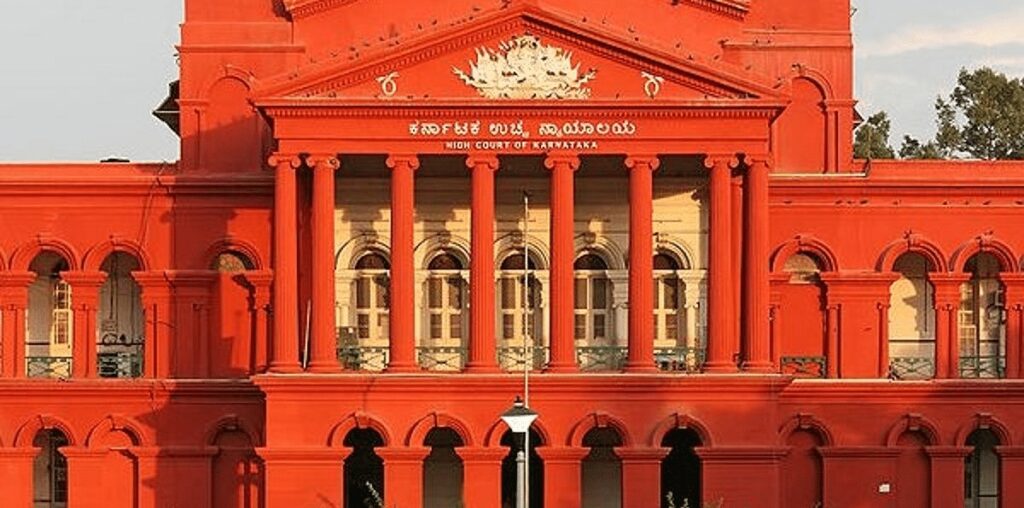The Karnataka High Court has temporarily stayed the Siddaramaiah-led state government’s 30 August 2023, order authorising the Karnataka State Waqf Board (WB) to issue marriage certificates to Muslim applicants.
The court, led by Chief Justice N V Anjaria and Justice K V Aravind, questioned the legality of the move and noted that such certificates may not serve any official purpose.
The interim order was issued while hearing a Public Interest Litigation (PIL) filed by Alam Pasha, founder of the NGO The Helping Citizen and People’s Court.
The petition challenged the validity of the state government’s decision, arguing that the Waqf Board lacks the authority to register marriages under the Waqf Act 1995. The court has scheduled the next hearing for 7 January 2025.
In its detailed order, the court observed that a prima facie reading of the Waqf Act reveals no provision empowering the Board to issue marriage certificates.
It stated that the impugned order exceeds the powers granted under the law and amounts to an unjustified usurpation of authority. The court emphasised that the issuance of marriage certificates is unrelated to the administration or functions of the Waqf Board.
The petitioner contended that the order, issued by the Minority, Waqf, and Haj Department, conflicts with the Karnataka Marriages (Registration and Miscellaneous Provisions) Act 1976.
This Act establishes a uniform framework for marriage registration in the state, rendering the Waqf Board’s involvement unnecessary and unauthorised.
The court further noted that while facilitating marriage certificates to address applicants’ difficulties might seem beneficial, it cannot justify granting the Waqf Board powers beyond its statutory mandate. The Board’s duties are confined to matters specified in the Waqf Act and do not extend to marriage registration.
The bench also highlighted the need for the Karnataka State Waqf Board and the state government to provide a detailed explanation justifying the issuance of the August 2023 order. The court remarked that the matter raises significant legal questions requiring further consideration.
The case has drawn attention due to its implications for the separation of duties under different legal frameworks. Critics argue that authorising the Waqf Board to register marriages undermines existing marriage registration laws, potentially creating administrative confusion and overstepping statutory boundaries. The stay order will remain in effect until further proceedings clarify the matter.

